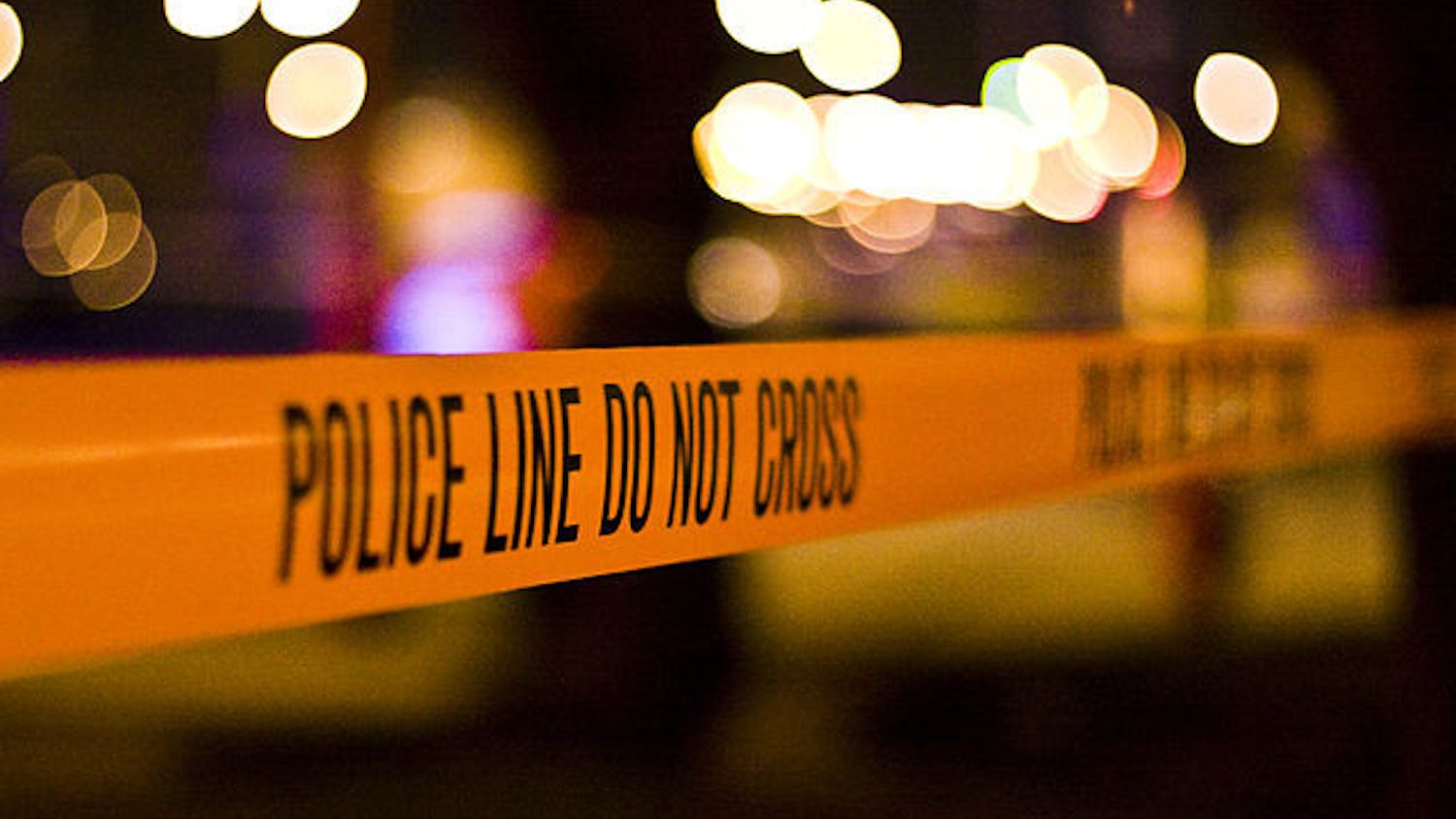Seamus Heaney’s final words to his wife were “Don’t be afraid.”
This weekend, the world remembered the Irish Nobel laureate following his death Friday. He was 74 years old. Heaney, widely regarded as the best Irish poet since W.B. Yeats, is known as the poet of soil and strife — his work illustrated both the stark landscape of Northern Ireland and ongoing Irish troubles such as violent political struggles.
According to the Guardian, “Rock stars mixed with presidents and prime ministers, politicians, poets and painters as about 1,000 people packed into the Heaney family’s parish church in the Donnybrook district of south Dublin.”
Monsignor Brendan Devlin delivered the homily at Heaney’s funeral Mass in Dublin yesterday. He called Heaney “the articulator of years of pain in the North.”
According to the Poetry Foundation’s Seamus Heaney page, “Heaney ‘makes you see, hear, smell, taste this life, which in his words is not provincial, but parochial; provincialism hints at the minor or the mediocre, but all parishes, rural or urban, are equal as communities of the human spirit,’ noted Newsweek correspondent Jack Kroll.”
In addition to earning critical success — he won the 1995 Nobel Prize in literature — Heaney was a rarity: a best-selling poet. His books made up two-thirds of the sales of living poets in the U.K.
In Blake Morrison’s critical guide to Heaney’s poems, “Seamus Heaney,” he notes that the author is “that rare thing, a poet rated highly by critics and academics yet popular with ‘the common reader.’”
In addition to bringing accessible poetry to the contemporary literary world, his “plain-speaking” translation of the epic poem “Beowulf” won the Whitbread Book of the Year award and “laid the groundwork for a series of film adaptations,” according to The Week UK.
“Prior to Heaney’s 1999 translation, the Anglo-Saxon epic poem was read mostly (and often reluctantly) by students of English Literature,” The Week UK stated.
Unfortunately, poetry is rarely in the news — or the general consciousness, for that matter. Furthermore, it’s a shame that only important events, like deaths of major poets, bring people’s attention to poetry, since it’s an important art form often forgotten beyond high school English classes. As Lawrence Ferlinghetti wrote in “Poetry as Insurgent Art,” “Poetry is a naked woman, a naked man, and the distance between them.”
Beyond that, poetry roots us in the past. It breathes life into history — and, as Percy Bysshe Shelley said, “Poetry lifts the veil from the hidden beauty of the world.”
We leave you now with the final lines of one of Heaney’s best-known poems, “Digging”:
“The cold smell of potato mould, the squelch and slap/ Of soggy peat, the curt cuts of an edge/ Through living roots awaken in my head/ But I’ve no spade to follow men like them/ Between my finger and my thumb/ The squat pen rests/ I’ll dig with it.”
A version of this editorial ran on page 6 on 9/3/2013 under the headline "‘Don’t be afraid’: Prolific Irish poet Seamus Heaney dies"





